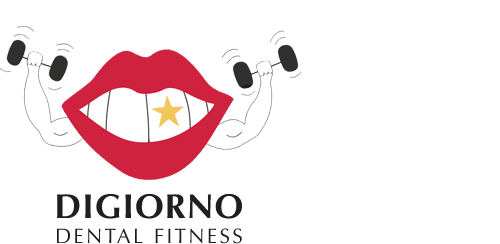Snoring and Sleep Apnea
Dangers of snoring & sleep apnea
It has been estimated that 90 million people in America have breathing problems leading to snoring and sleep apnea. Snoring is not just a nuisance; it is a serious health risk. Cardiovascular disease is the number two cause of death in America and patients who suffer from snoring and sleep apnea have a higher incidence of heart attacks and strokes due to high blood pressure as a result of lack of oxygen.
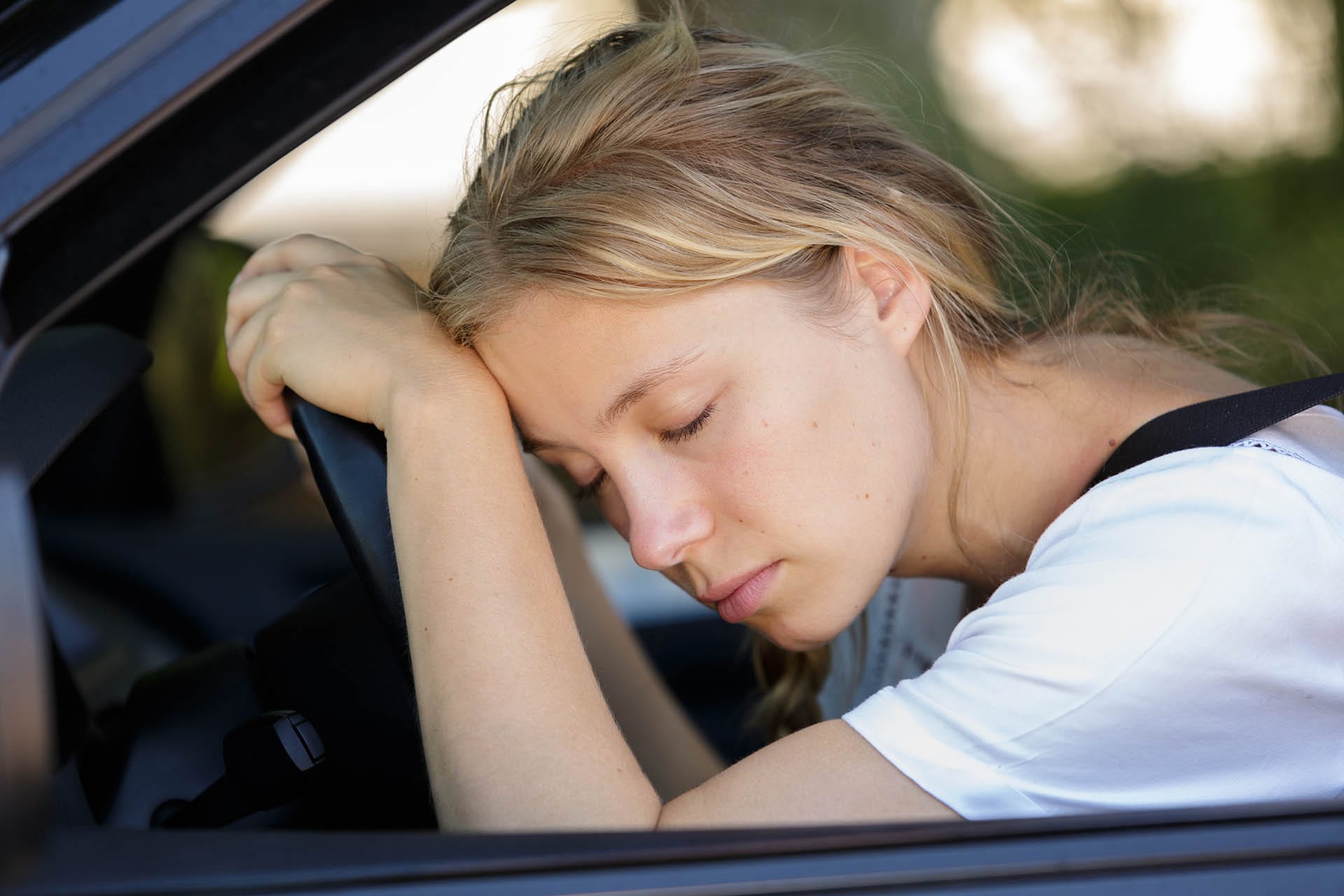
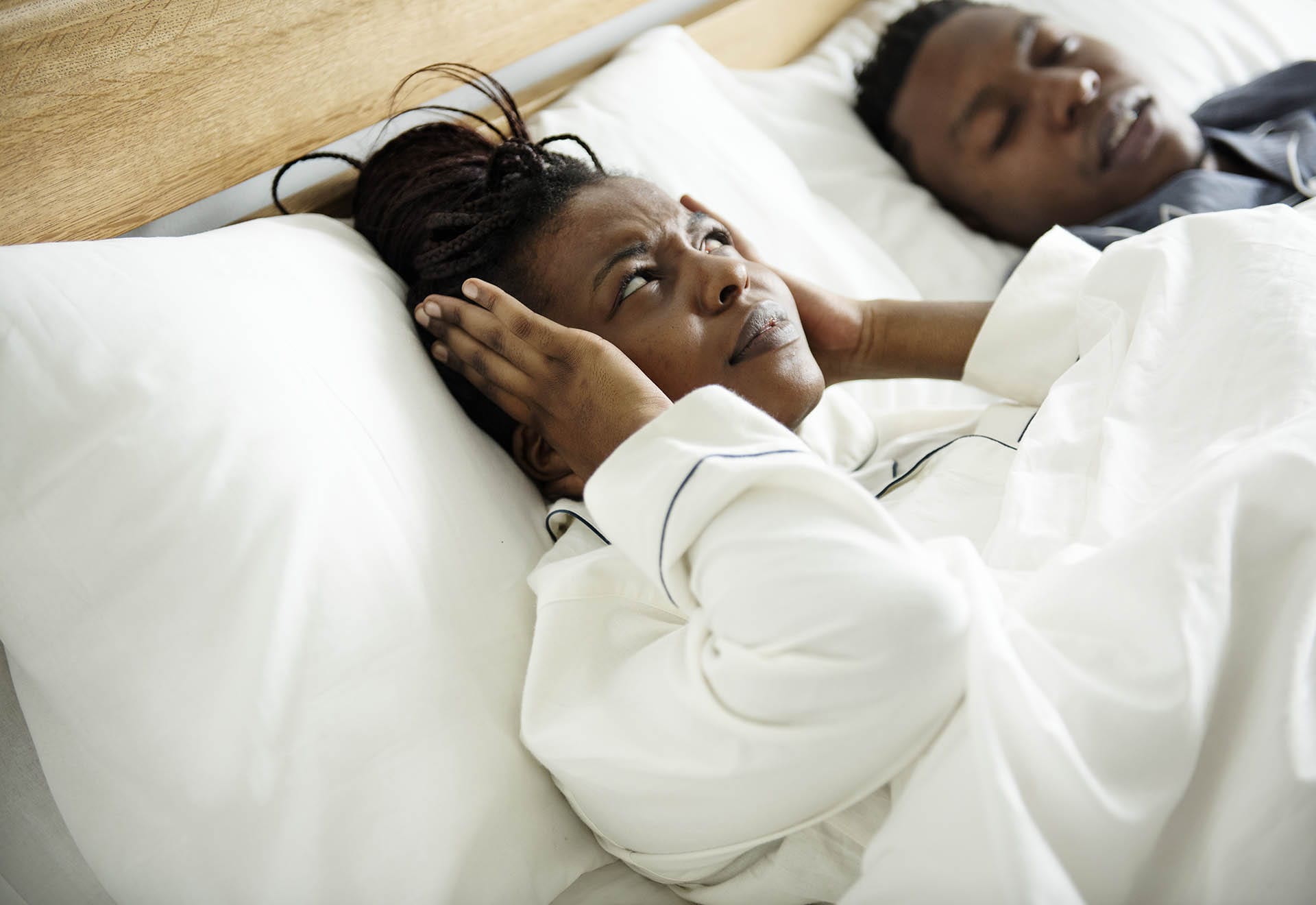
Snoring occurs when the tongue partially blocks the airway while the patient sleeps on their back. Sleep apnea occurs when the tongue completely blocks the airway. Both situations are harmful since the patient is deprived of oxygen. Some patients actually stop breathing for 30 seconds or more many times each night gasping for breath. When they are deprived of oxygen a patient may have problems getting to sleep, waking up frequently at night, morning headaches, ear aches, nighttime grinding of teeth, loss of memory, difficulty concentrating, and fatigue.
Daytime Fatigue Quiz
The number one sign of an apneic event is daytime fatigue. It increases the potential for both industrial and traffic accidents. To see if you might be at risk answer the following 8 questions.
How likely are you to doze off or fall asleep in the following situations, in contrast to just feeling tired?
0 = NEVER DOZE
1 = SLIGHT CHANCE
2 = MODERATE CHANCE
3 = HIGH CHANCE
- Sitting and reading
- Watching TV
- Sitting, inactive in a public place (theatre)
- As a passenger in a car for an hour w/o a break
- Lying down to rest in the afternoon
- Sitting and talking to someone
- Sitting quietly after lunch w/o alcohol
- In a car, while stopped for a few minutes in traffic
If you score a 6 or greater please call our office to schedule a consultation and airway evaluation.
Treatment Options
One of the main causes of snoring and sleep apnea is excess weight. Men with necks more than 17” or women with necks in excess of 16” have a greater tendency for these problems. Presently there are many patients being treated for hypertension and gastroesophageal reflex who would benefit from oral appliances that would help open up their airway and give them more oxygen, therefore placing less stress on their cardiovascular system.
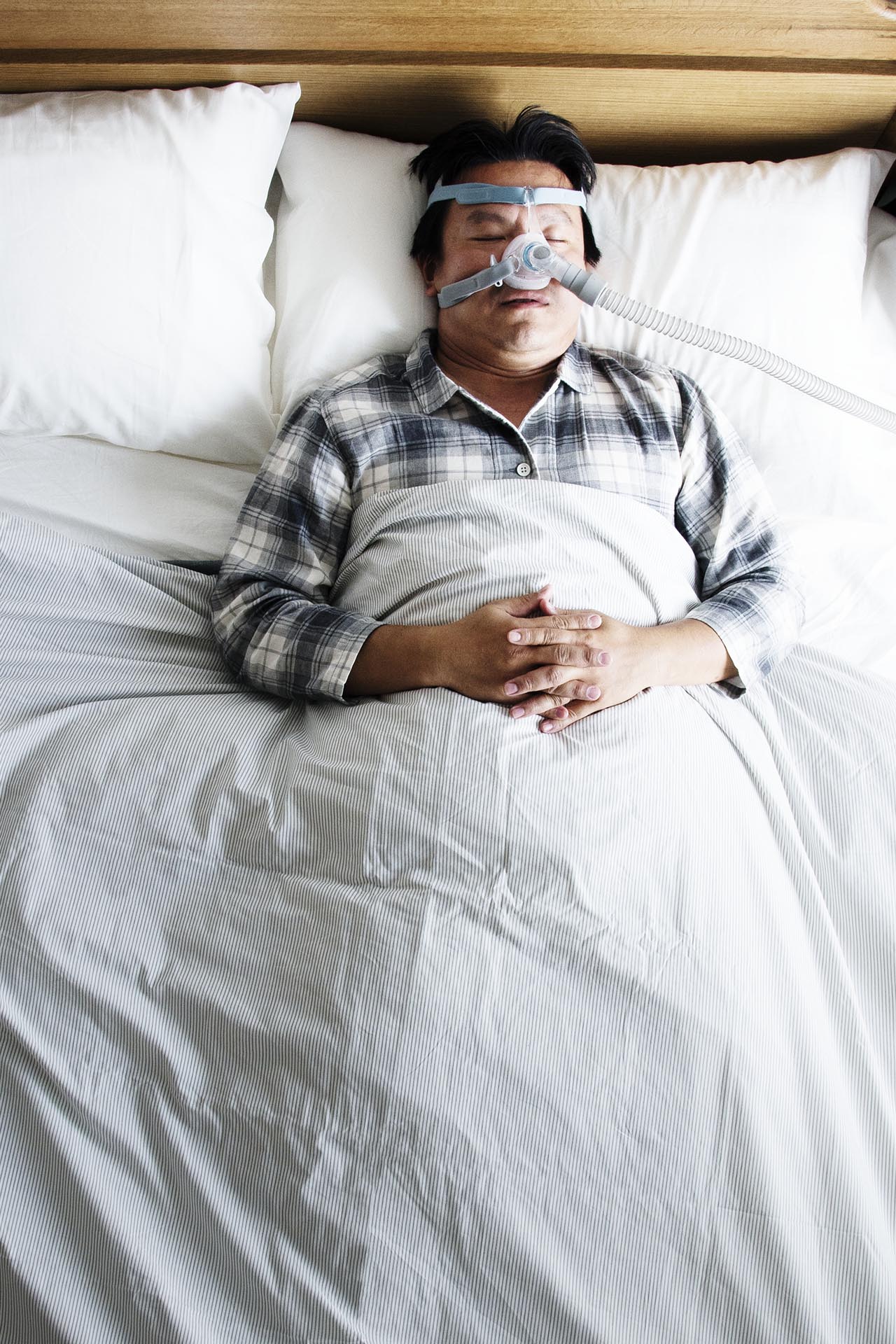
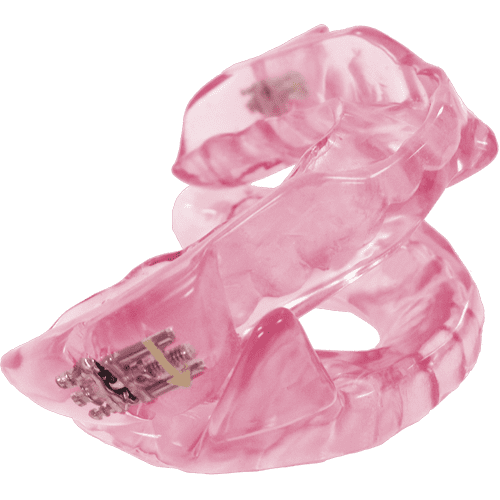
SomnoDent® Classic Device
Oral Appliances
New state of the art equipment is now available to ensure that proper diagnosis is made prior to the fabrication of an oral appliance to prevent snoring and apnea. The Rhinometer evaluates the nose and the Pharyngometer evaluates the air-way and helps the Doctors determine whether or not an oral appliance will be effective.
This problem does not just affect adults, children are prone to breathing disorders if they have chronic ear infections, asthma, runny noses, enlarged tonsils, adenoids, deep overbites, restless leg syndrome along with the conditions noted above. If you feel your child may be suffering from any of these problems please call our office today to schedule a no cost consultation.
